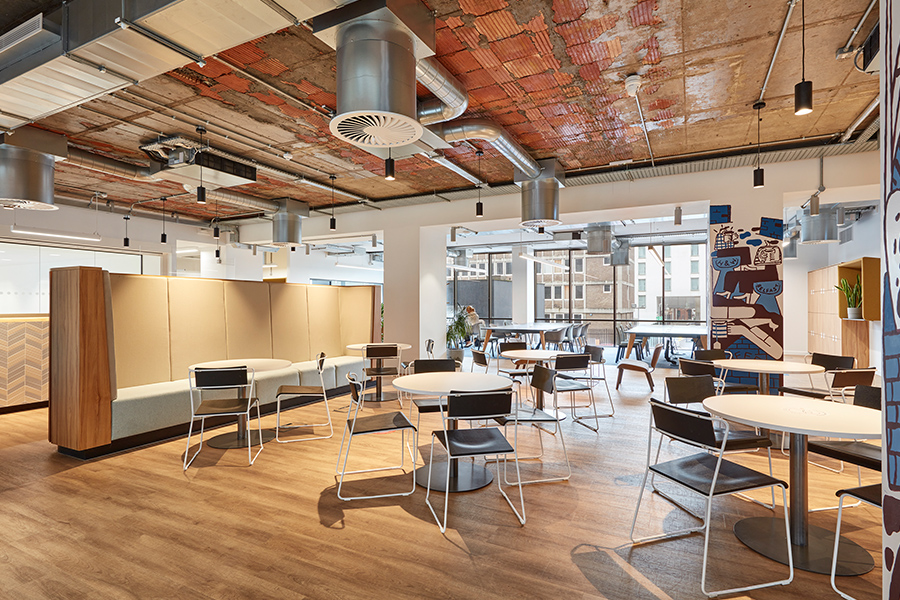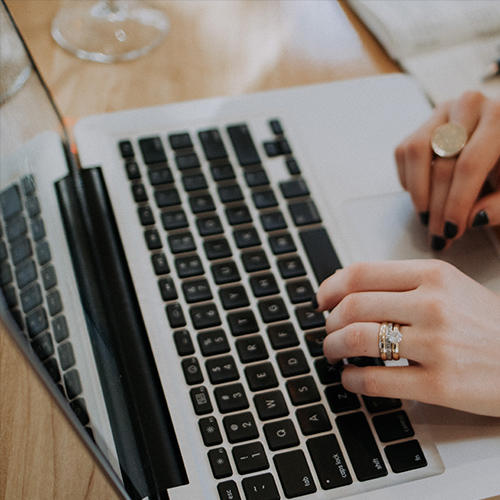Around March last year, when working-from-home became the reality for millions of people, there were shortages of all sorts, from flour to gym equipment and toilet paper.
As businesses took it upon themselves to ensure their housebound employee’s physical health was looked after, another item that sold out quicker than you can say ‘covid’, were ergonomic chairs.
Prioritising the physical health of your staff, even without a pandemic, is a case of business hygiene in 2021. Mental health is getting there, and many firms have made great strides in improving their provisions in recent years. And for those that haven’t, long overdue reforms to the Mental Health Act may force their hand, by equivalating many aspects of physical and mental health in the eyes of the law.
Which led me to wonder: what is the mental health equivalent of an ergonomic chair? During the pandemic, mental health problems have gone mainstream, as the pressures of isolation affect an ever-greater number of people. As a business, addressing these has moved from a recommended ‘nice-to-have’ to a necessity.
According to Deloitte, poor mental health costs businesses around £45bn per year. But conversely, for every £1 spent by employers on mental health interventions, they get £5 back in reduced absence, presenteeism and staff turnover.
It is knowing what to do, and how to do it in an appropriate way, where most employers fall short. Unlike a broken arm or a bad cold, you can’t always see symptoms of poor mental health. And according to recent Mental Health First Aid (MHFA) research, almost a third (29%) of workers never discuss mental health in meetings with their line manager, making the job of prevention more difficult still.
Unlike a posture-correcting chair to prevent back pain, there is no simple object or solution to address the broad gamut of mental health conditions. People suffering won’t always come to you due to anxiety or fear of stigma. But there are several simple things a business can provide to help lower the barriers between mental and physical health.

Clockwise Belfast
First aid
It is a legal requirement for businesses of a certain size to have first-aiders, should a member of staff injure themselves or fall ill. Knowing how to respond to an emergency can be the difference between life and death. We believe it should be the same for mental health. Where the signs of deteriorating mental health are unclear, having team members who can spot the signs can likewise make that difference. Out of a team of 40, we have 10 with an MHFA qualification and intend to double that number in due course.
Resources
When you are in a mental health crisis, simply being pointed in the right direction can help. There are many resources available, but when your mind is working against you, seeking them out can feel impossible. Just ensuring you send regular reminders to staff that these hotlines, apps and websites exist can make all the difference.
Going further, firms can make provisions for easy access to professional help when needed. Everyone in our team can access therapy and counselling through our partner, Myndup, simply by picking up their phone. Having the option to talk to someone, free of charge and without having to announce it to colleagues, has proven hugely beneficial – 100% of the hours we have allocated have been used.
Wellness
Clockwise works hard to create permanent practices including a Wellness Committee which is used to consider and propose programmes that support people’s wellbeing. The intention here is to create an open environment where it is as commonplace to raise concerns about mental health as it is physical health or job issues.
Rather than create separate forums, we want to make space for these conversations to be in our everyday dialogues when people are comfortable doing so. In the event that someone wanted to specifically talk about their mental health, we have a team of champions who could support and crucially, guide the individual to seek the right help.
We also run regular initiatives like Wellness Hours, giving employees an hour to focus on themselves. Often this is the difference between someone getting back to work that day or not –having that moment to pause, reflect, and restart is crucial.
It’s likewise crucial not to mark your own homework on mental health. Trialling different schemes and initiatives should absolutely be encouraged, but asking your staff how these are doing ensures each iteration gets slightly better and improves their health outcomes.
Physical and mental health should be treated with equivalence, if not for the good of helping staff, then to protect our bottom line. But presently, 70% of businesses have no designated health and wellness budget. Yet most wouldn’t think twice about providing an ergonomic chair. It should go without saying, but your staff require support for more than their backs.
To discuss a flexible serviced workspace with a company that cares about your team’s health and wellbeing, get in touch with us today.




